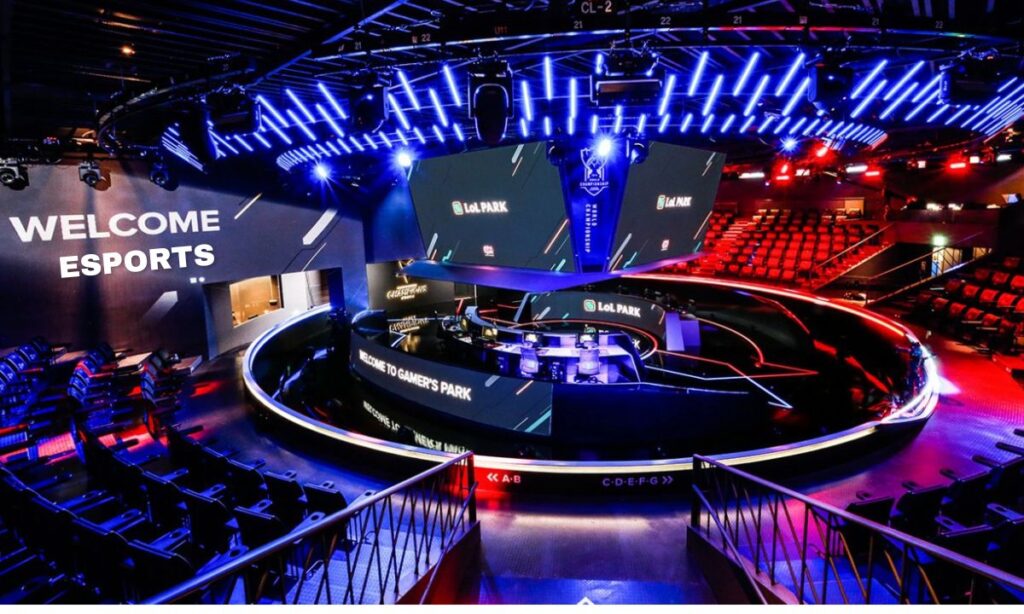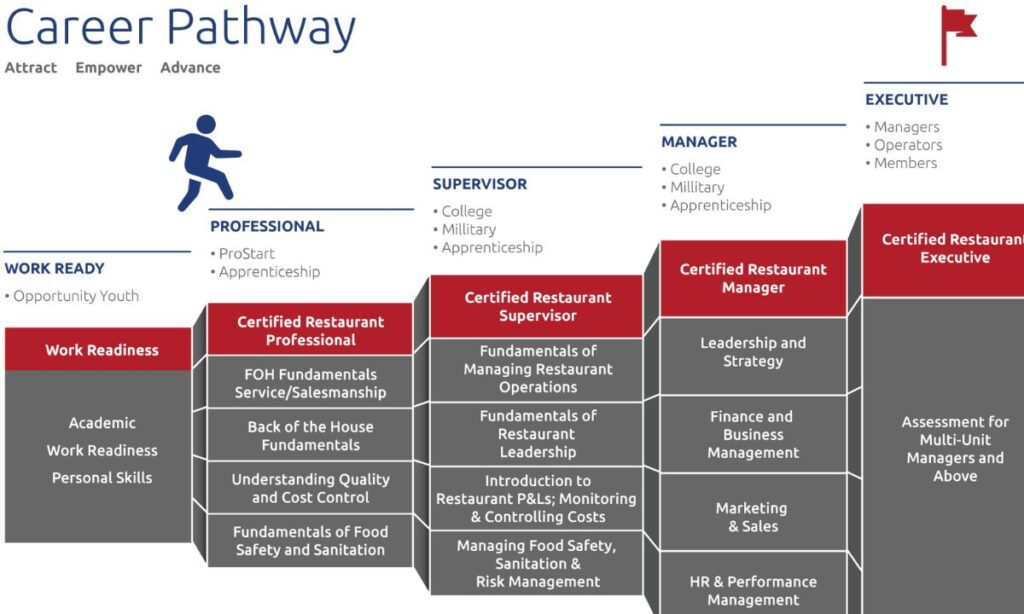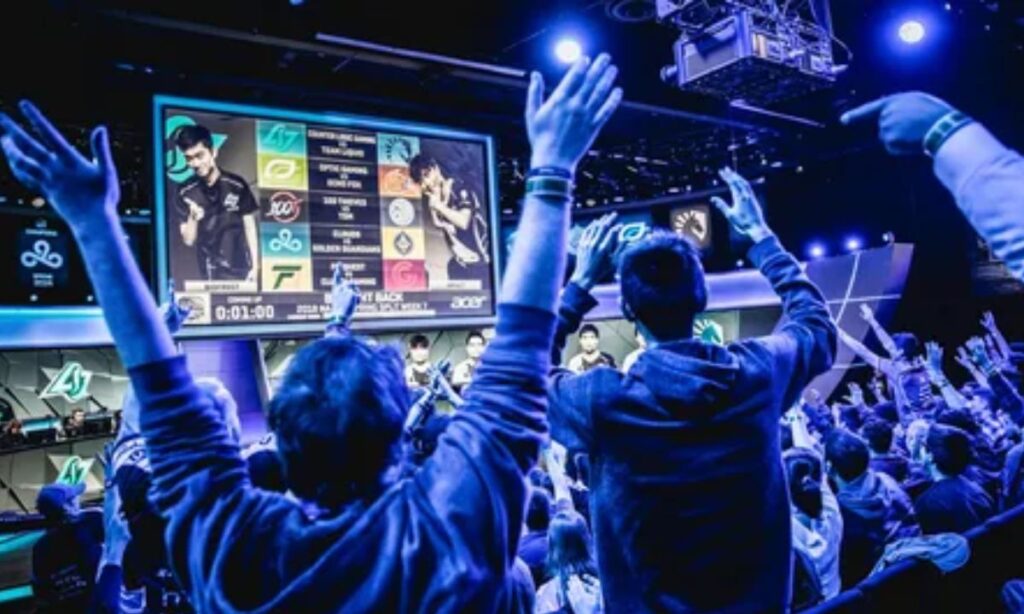Competitive gaming has transformed from a casual hobby into a global phenomenon. Esports represents the pinnacle of digital competition, where skilled players compete for substantial prizes and recognition
The evolution of gaming culture has created a new entertainment industry that rivals traditional sports in viewership and revenue.
The Rise of Esports
The journey of esports began in small arcade competitions and has grown into massive stadium events. Early gaming tournaments in the 1980s laid the foundation for today’s professional scene
The introduction of online gaming platforms in the late 1990s accelerated the growth of competitive gaming communities worldwide
Internet connectivity and streaming technology have made esports accessible to billions of viewers globally.
Key Milestones in Esports History
| Year | Event | Significance |
|---|---|---|
| 1972 | First documented video game competition at Stanford University | Students competed in Spacewar with a grand prize of a year’s subscription to Rolling Stone magazine |
| 1980 | Atari’s Space Invaders Championship | First large-scale video game competition with 10,000+ participants |
| 1990 | Nintendo World Championships | Touring competition that helped establish competitive gaming in mainstream culture |
| 1997 | Red Annihilation Quake Tournament | First major esports event with significant prize (John Carmack’s Ferrari 328 GTS) |
| 2000 | World Cyber Games Founded | First major international esports tournament, often called the “Olympics of Gaming” |
| 2002 | Major League Gaming (MLG) Founded | Established professional gaming leagues in North America |
| 2009 | League of Legends Released | Became the most-played PC game and pioneered the MOBA esports scene |
| 2011 | Twitch.tv Launched | Revolutionized esports streaming and viewership |
| 2011 | The International Dota 2 Tournament | Set record with $1.6 million prize pool, first million-dollar esports event |
| 2013 | League of Legends Championship Series (LCS) Launched | Established first professional league with salaried players |
| 2016 | NBA 2K League Announced | First official esports league operated by a U.S. professional sports league |
| 2018 | Fortnite World Cup Announced | Set record for largest individual prize pool ($3 million) |
| 2019 | Dota 2 The International Prize Pool | Broke records with $34.3 million prize pool |
| 2020 | COVID-19 Impact | Accelerated online esports adoption while traditional sports paused |
| 2022 | Mobile Esports Surge | Mobile esports viewership surpassed PC in several regions |
| 2024 | Olympic Esports Week | IOC recognition and inclusion of esports demonstration events |
The Esports Ecosystem
Professional teams, tournament organizers, and streaming platforms form the backbone of modern esports. Game developers continuously update their titles to maintain competitive balance.
Broadcasting networks have begun integrating esports into their regular programming schedules. The ecosystem supports various roles from players to content creators and business professionals.

Players and Teams
Professional gamers train for hours daily to maintain their competitive edge. Teams employ coaches, analysts, and support staff to maximize performance.
Player contracts now include salary guarantees and performance bonuses. The average career span of professional players typically ranges from five to ten years.
Sponsorships and Monetization
Major brands invest millions in esports sponsorships annually. Tournament prize pools have reached unprecedented levels across multiple game titles.
Teams generate revenue through meurchandise sales and streaming partnerships. The industry attracts investment from traditional sports organizations and venture capital firms.
Events and Tournaments
The International Dota 2 Championship consistently breaks prize pool records. Regional leagues provide regular competition opportunities throughout the year.
Major events combine competition with fan experiences and industry networking. Tournament formats have evolved to ensure fair competition and engaging viewership.
The Impact of Esports
Esports influences modern entertainment consumption patterns significantly. The industry creates numerous job opportunities across various sectors.
Digital competition has become a recognized form of mainstream entertainment. The global reach of esports transcends traditional cultural and geographical boundaries.
Cultural Shift
Gaming has evolved from a stigmatized hobby to a respected competitive pursuit. Professional gamers are now recognized as legitimate athletes.
The esports community promotes inclusivity and digital literacy. Contemporary youth culture embraces competitive gaming as a social activity.
Educational Opportunities
Universities offer esports scholarships and degree programs. Educational institutions develop gaming-related curricula and research programs.
Students can pursue academic paths focused on esports business and management. Gaming programs promote STEM education through competitive play.
Career Paths

The industry offers diverse career opportunities beyond professional playing. Content creation and streaming provide sustainable career options.
Technical roles in game development and tournament operations continue to expand. Business positions in esports organizations offer traditional career stability.
Health and Wellbeing
Teams prioritize physical and mental health programs for players. Regular exercise routines complement gaming practice schedules.
Mental health professionals support players through competitive pressure. Balanced lifestyle approaches extend professional playing careers.
The Future of Esports
Market analysts predict continued industry growth through 2030. New game titles and genres expand competitive opportunities.
READ THIS BLOG: Better This Facts Tips by Better This World: Transforming Your Life
Mobile esports reaches previously untapped markets globally. Technology improvements enhance viewing and playing experiences.
Technological Advancements
Virtual reality competitions represent the next evolution in esports. Cloud gaming services reduce hardware requirements for participation.
Artificial intelligence enhances training and analysis capabilities. Advanced broadcast technology improves viewer engagement.
Global Expansion
Emerging markets embrace esports infrastructure development. Regional tournaments strengthen local competitive scenes.
International competitions unite global gaming communities. Cultural exchange occurs through cross-regional competition.
Regulation and Governance
Industry standards for competition integrity continue development. Player unions protect professional interests and rights.
Anti-cheating measures ensure fair competition environments. Government recognition legitimizes esports activities.
Frequently Asked Question
How do professional players train?
Players follow structured practice schedules including team strategies, individual skill development, and physical fitness routines.
What makes esports different from traditional gaming?
Esports involves organized competition, professional contracts, and substantial prize pools unlike casual gaming.
How can someone start a career in esports?
Entry paths include amateur competition, content creation, volunteer event staff, or education in related fields.
Are esports players considered athletes?
Many countries officially recognize esports players as professional athletes for visa and employment purposes.
What is the average salary of an esports professional?
Salaries vary widely but typically range from $50,000 to $500,000 annually plus tournament winnings and streaming revenue.
Conclusion
Esports represents the modern evolution of competitive entertainment. The industry continues to grow through technological advancement and cultural acceptance. Professional gaming provides diverse opportunities for career development and community engagement. The future of esports promises continued innovation and expansion across global markets
As traditional sports and esports convergence increases, the distinction between digital and physical competition diminishes. The esports industry demonstrates sustainable growth potential through diverse revenue streams and expanding market reach. Investment in infrastructure and talent development ensures long-term industry stability

Tina Morris is an experienced blogger and a passionate wordsmith at Phrase Pioneers. With a keen eye for language and a deep love for writing, she shares insightful posts on grammar, phrases, and the art of communication.







